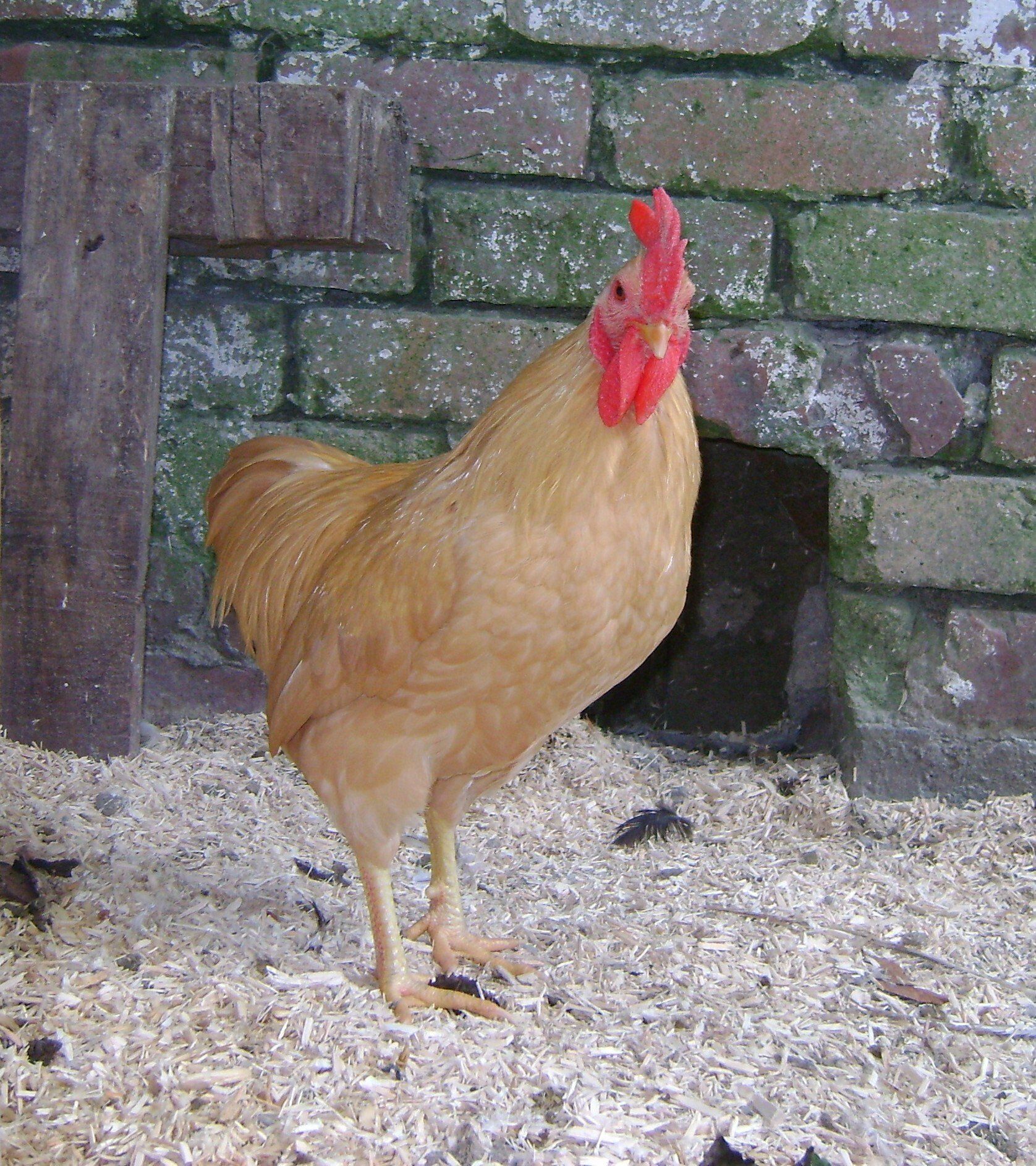
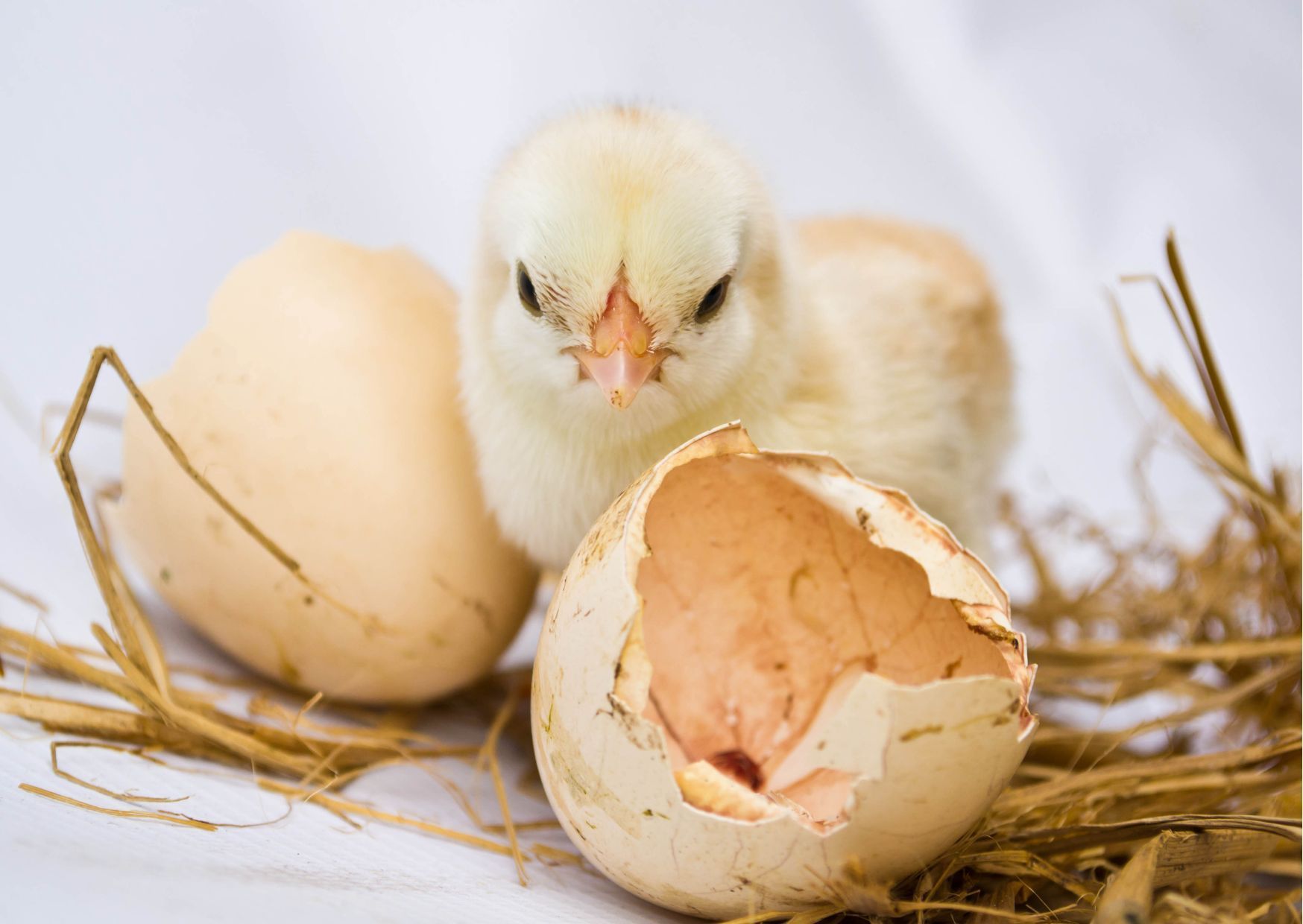
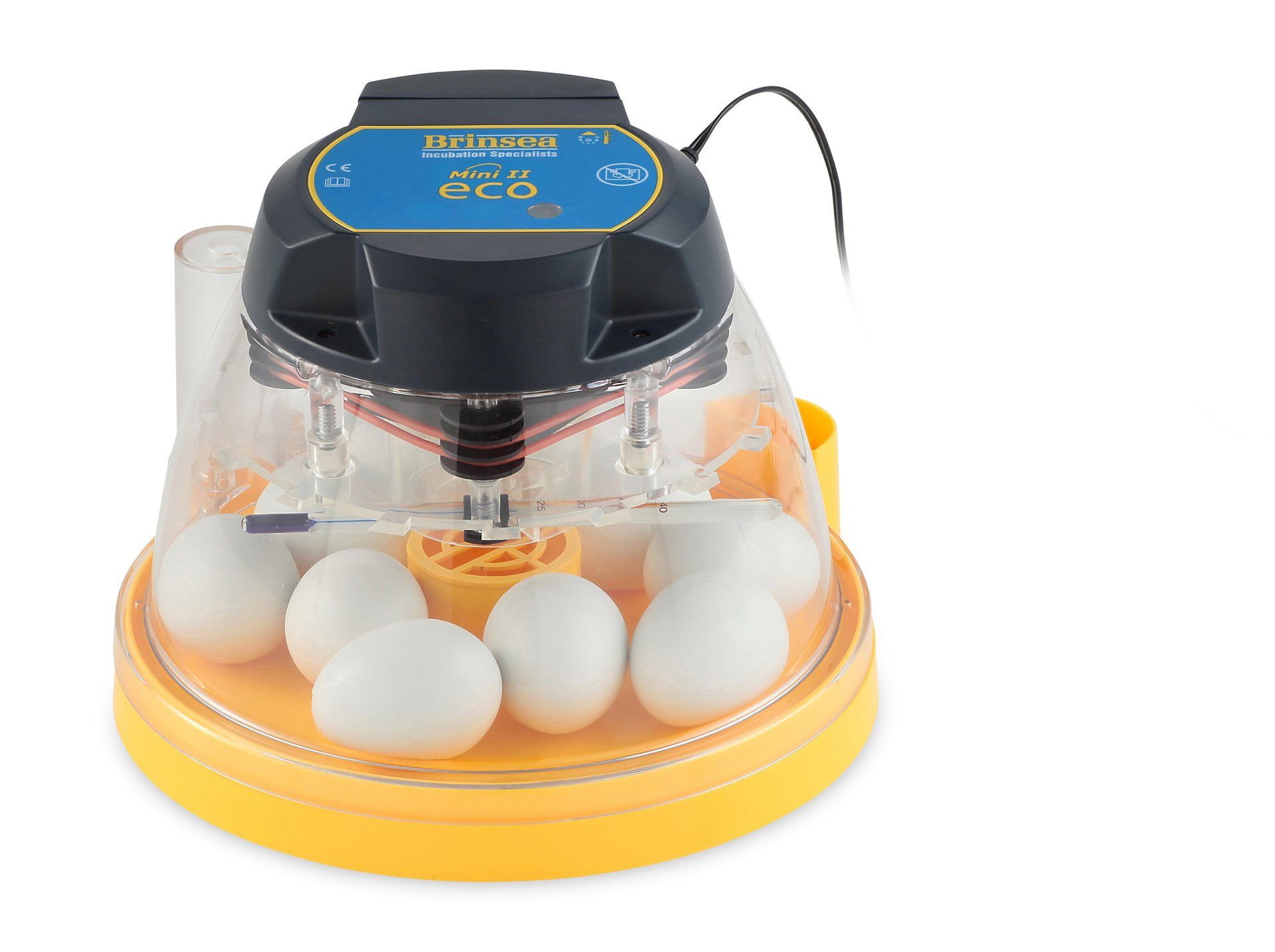
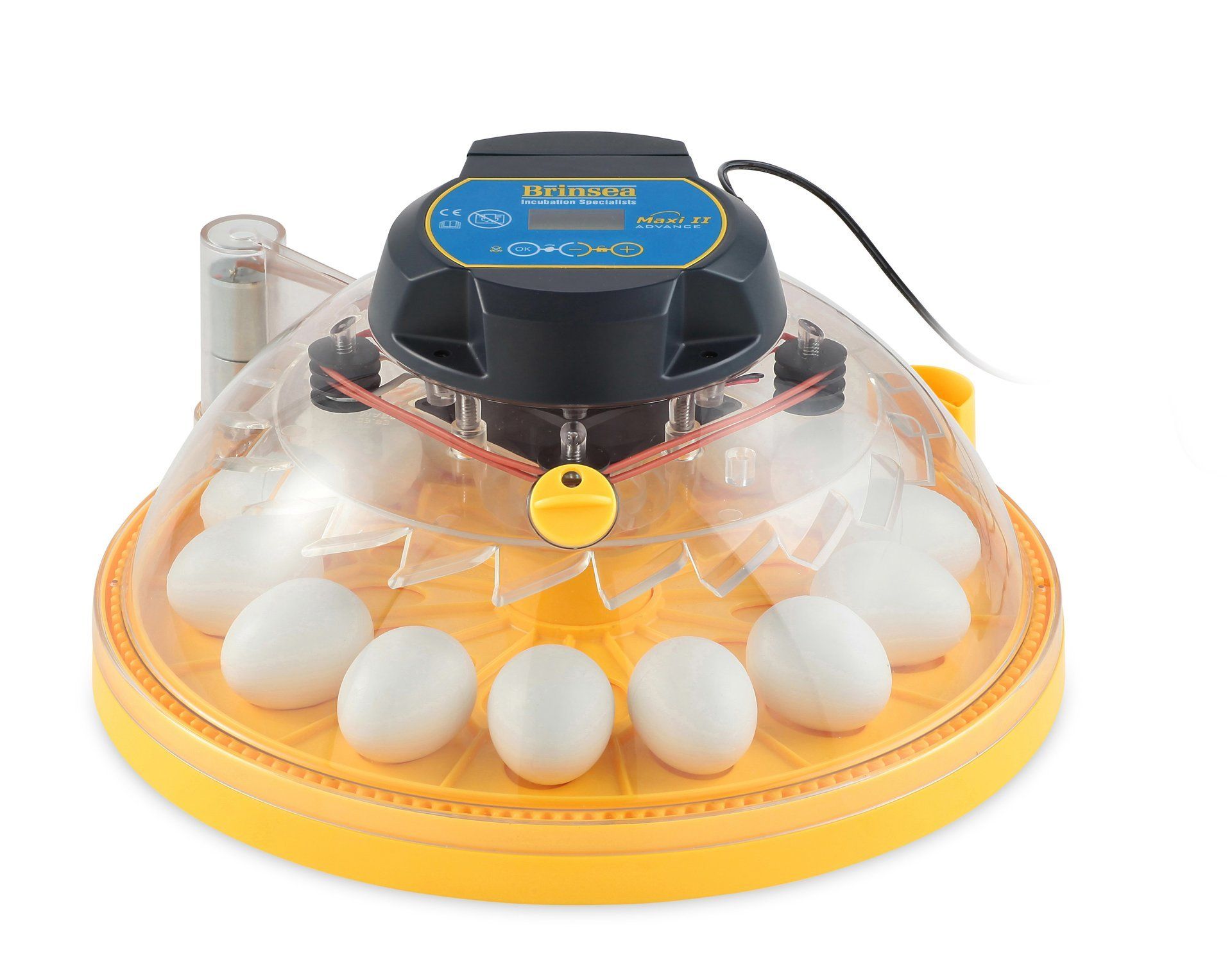
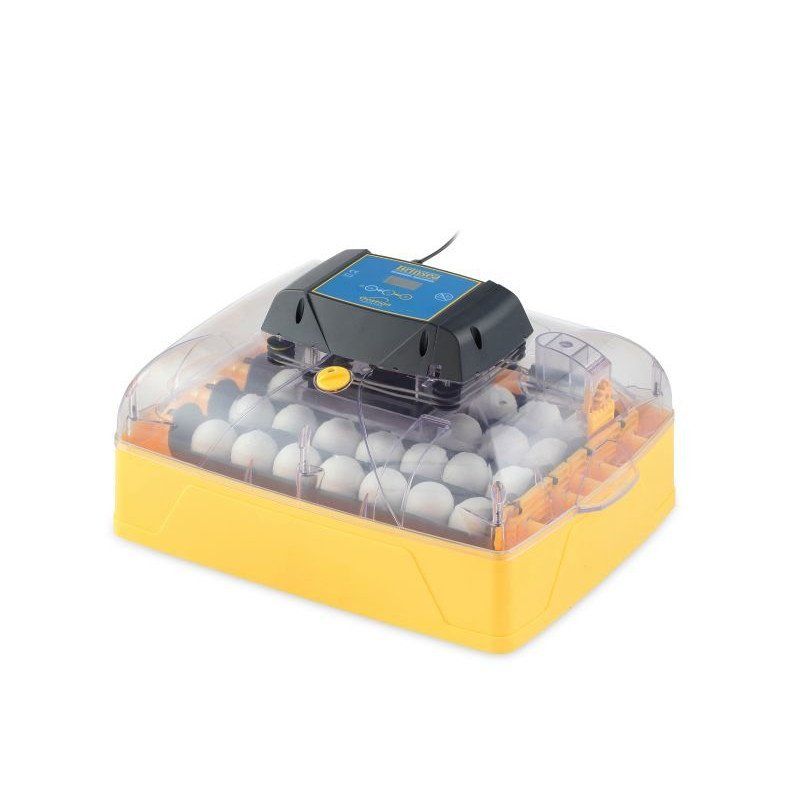

- Place your incubator in a stable environment—not in direct sunlight, near radiators, or in draughts.
- The room should maintain a consistent temperature throughout the day and night.
- Test the incubator’s accuracy with a medical thermometer. Check that it reads 37.5°C where the eggs will sit. Adjust accordingly if the display is incorrect.
- Posted eggs: Let them rest overnight, pointed end down.
- Collected eggs: Can go straight into the incubator.
- In the last 3 days (days 19–21), stop turning the eggs and increase humidity.
- Automatic incubators will turn eggs hourly. If using a manual one, turn the eggs several times daily.
- Avoid opening the incubator unnecessarily—each opening can drop temperature and humidity.
- Chicks should remain in the incubator until dry and fluffy—this can take up to 24 hours.
- Do not rush this process. Chicks can go without food or water for the first 24 hours.
- Move her to a separate, quiet coop with a soft, safe nesting area.
- Confirm she remains broody after the move before setting eggs.
- Aim for 6–8 eggs per hen, ensuring she can cover and turn them all.
- Let posted eggs rest overnight before placing them under the hen.
- Collected eggs can go under her immediately.
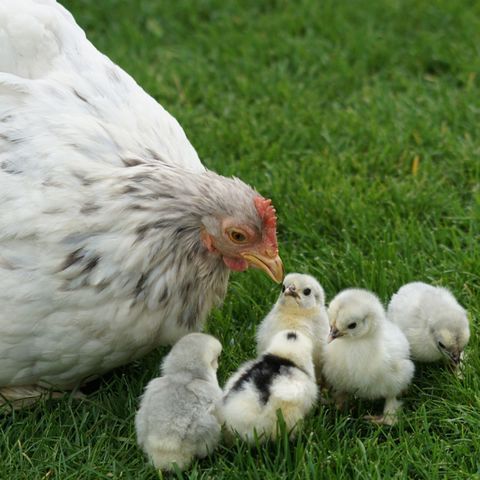
- 100% hatch rate – Exceptional
- 75% hatch rate – Very good
- 50% hatch rate – Acceptable
- <50% – Something may be wrong (e.g., faulty incubator, poor egg quality)
- Eggs not fertilised.
- Embryos may die early or be genetically unviable.
- Some rare breeds carry lethal genes that affect hatch success.
- Temperature issues are the most common cause of failure.
- Always double-check with a medical thermometer.
- Low humidity can prevent chicks from hatching by drying out the membrane or hardening the shell.
- Eggs must be turned regularly to develop properly.
- Weak or dead-in-shell chicks are often the result of infrequent turning.
- While rare, damage can occur in transit.
- There’s no firm evidence that normal posting harms embryos, but X-ray machines may.
- Always let posted eggs rest overnight before incubation to allow the air sac to stabilise.
- Some hens are careless or overly aggressive.
- Make sure eggs stay warm, turned, and safely within the nest.
- Occasionally, a hen may abandon or attack her chicks—remove them immediately and raise them under heat if needed.
A Note About Male Chicks
Hatching is a natural process—about 50% of chicks will be male.
Male chicks grow into cockerels, which will crow. If you can’t keep cockerels where you live, you’ll need a plan to:
- Rehome them
- Dispatch them humanely
If you can’t do either, please consider buying sexed female chicks instead of hatching your own.
Final Thoughts
This is a beginner-friendly guide based on our own hatching experiences and feedback from Durham Hens customers. Hatching chicks can be deeply satisfying, but it’s important to be prepared.
If you’re keen to learn more, there are many excellent books and resources available that cover incubation and chick rearing in greater depth.
And if things don’t go to plan, don’t worry—we usually have young chicks available for sale to help you still enjoy the experience of raising chickens.
